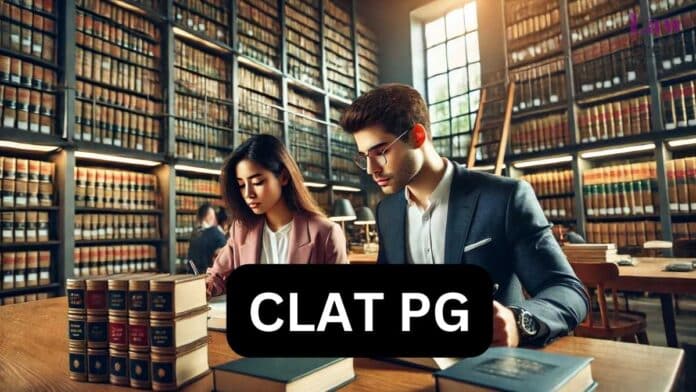Two law students, Anam Khan and Ayush Agrawal, have filed a petition in the Supreme Court challenging the conduct of the Common Law Admission Test for postgraduates (CLAT PG 2025), citing procedural discrepancies and alleged unfair treatment of candidates. The exam, held on December 1, is now under scrutiny for its handling and the subsequent release of provisional answer keys.
According to the petitioners, Anam Khan faced issues at the Government Law College, Mumbai, where the question booklet was distributed on time. In contrast, Ayush Agrawal experienced delays at the Acropolis Institute of Law, Indore, receiving his booklet after the scheduled time, thereby shortening his available test duration. This discrepancy is argued as a breach of the equality right under Article 14 of the Constitution.
Further grievances include challenges with the provisional answer key, which reportedly contained errors in 12 questions. These inaccuracies potentially impacted the merit rankings of the candidates. The petition highlights a “lackadaisical attitude” in the exam’s administration by the Consortium of National Law Universities, responsible for conducting CLAT.
The fee structure for objecting to answer key errors has also come under fire. The petitioners pointed out that each objection cost ₹1,000, a figure they deem excessive given the errors stemmed from the consortium’s oversight. This is compounded by a hefty application fee of ₹4,000, raising questions about the justification for such charges without ensuring answer key accuracy.
The rapid sequence of releasing the final answer key on December 9, followed by results on December 10 and the start of counseling registration on December 11, is another major point of contention. The petitioners argue that this timeline does not provide adequate time for legal recourse or challenges to the answer key, which could affect the fairness of candidate selection.
As a result, the petition seeks an injunction on the publication of the CLAT PG 2025 results and the commencement of counseling sessions until the final answer key is verified and confirmed error-free. The case is represented by advocates Manasi Bhushan, Shakshi Sharma, Sanjana Patel, Akshit Chaudhary, Chetan, and Ankit Chaturvedi, who are pushing for a reevaluation of the testing and objection procedures to uphold the integrity and fairness of the admission process.




